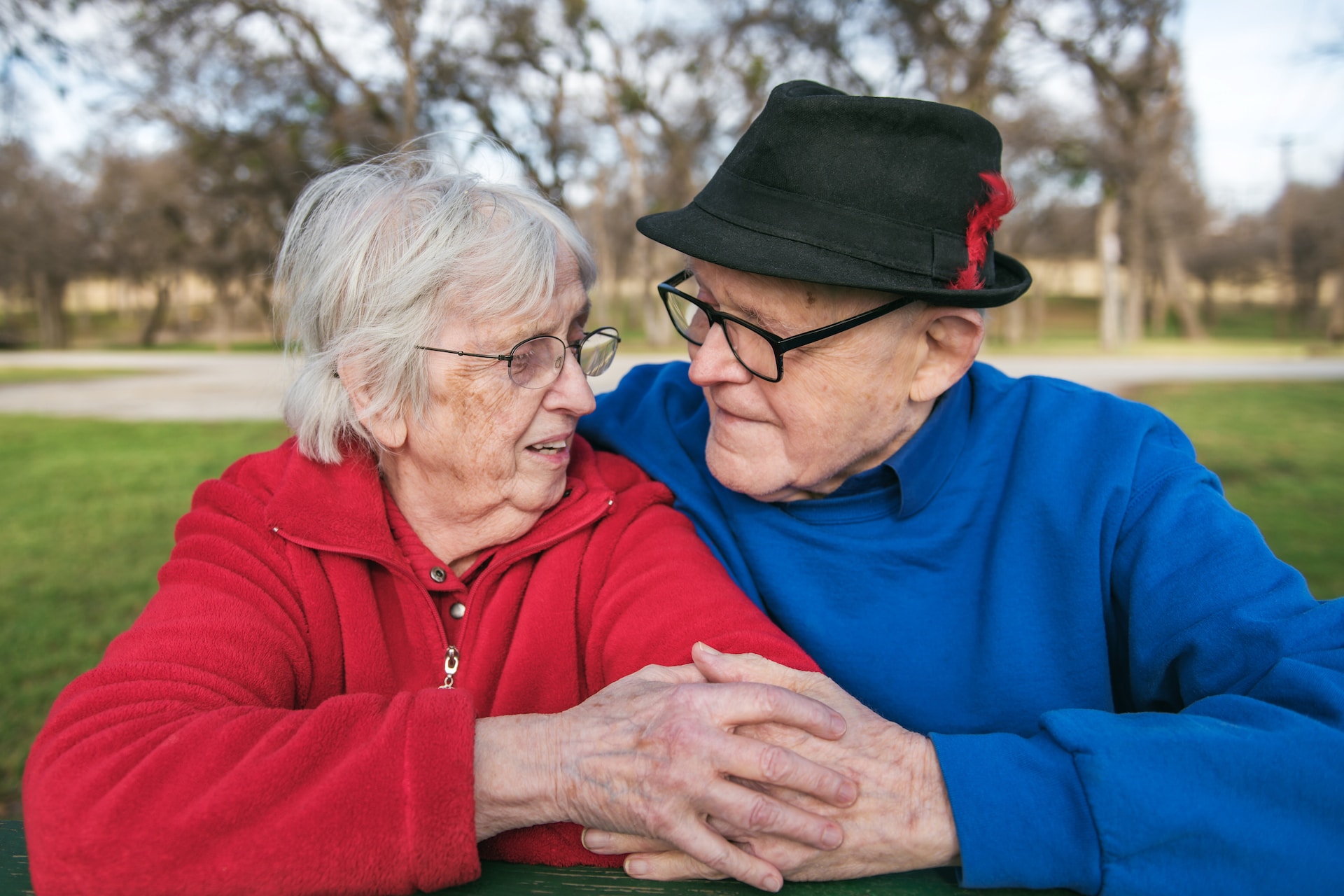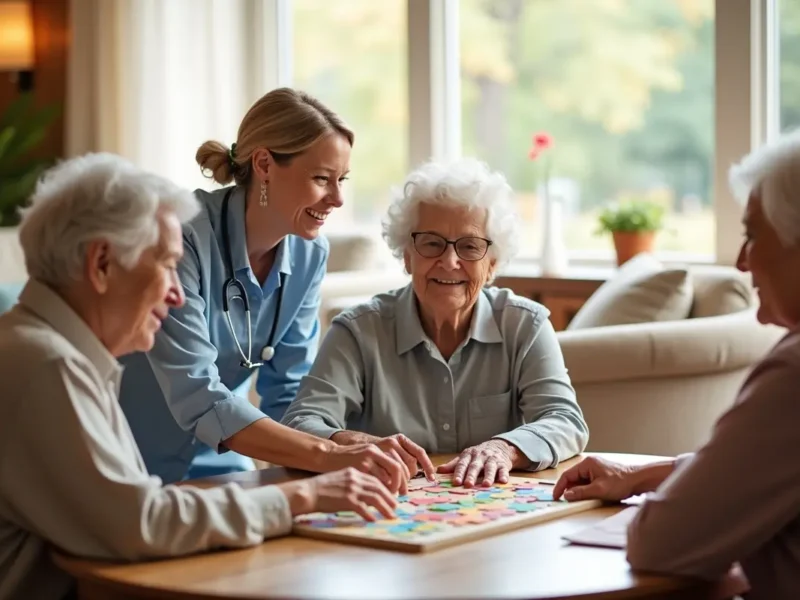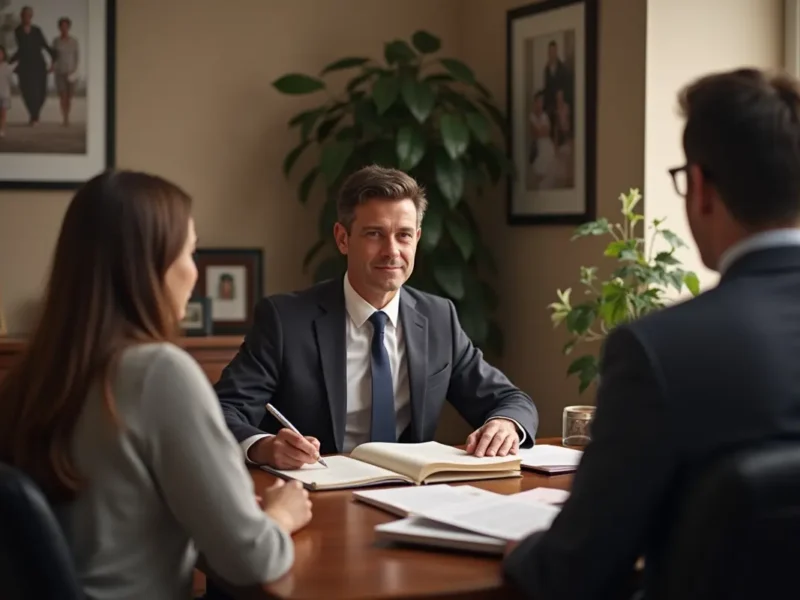Did you know that the United States is experiencing an epidemic of elderly abuse? Our vulnerable loved ones are at risk of being physically, emotionally, financially, and even sexually abused by someone they trust. By someone their family trusts. But we can help.
By learning the sad truths about elderly abuse, we can arm ourselves with the knowledge needed to aid our loved ones if they become a victim. In this article, we’ll explore the types of abuse, what can lead to abuse, and what you can do to get your loved ones the help they need to overcome abuse and hold their abusers responsible. Let’s get started.
Contents
The Basics of Abuse
Abuse Can Happen Anywhere
Your loved one may become a victim in their own home, in an assisted living facility, or in a full-service nursing home. The abuser could be staff caring for your loved one or a family member betraying your trust. Always pay attention to your loved one’s condition to catch any changes immediately.
Abuse Can Take Many Forms
From physical abuse like hitting, pushing, and kicking to financial abuse like being tricked into signing forms or emotionally manipulated into giving away money, abuse takes many forms and has many consequences. Abuse can result from malicious actions and attitudes or from neglect due to understaffing and burnt-out nurses.
Abuse Has Warning Signs
If you know what to watch for, you can ensure your loved one gets help as quickly as possible. Red flags pointing to elder abuse can include:
- Unexplained changes in weight
- New medical conditions, including STIs
- Rapidly changing financial situations like new debt
- Unexplained injuries
- Changes in behavior like anxiety, depression, or fear
- Rapidly declining health
- Sepsis
- Unsafe living conditions
The Unfortunate Truths Behind Elder Abuse
Abuse and Neglect of elders aren’t always malicious. It is true that many abusers seek jobs that give them a position of power they can take advantage of. However, a lot of elderly abuse is a result of systemic issues within residential facilities.
Some issues that lead to neglect and abuse include:
- Understaffing
- Lack of training and education
- Poor hiring practices
- Accountability and Documentation Issues
When resident facilities don’t properly train their staff, residents pay the price. Staff members may not know how to deal with combative residents or how to treat certain medical conditions. They may not know that bed-bound patients should have help rotating to avoid bed sores or that those sores can lead to sepsis.
Lack of accountability or documentation can lead to miscommunication between shifts that lead to residents not having their hygiene needs met or their medications taken at reasonable times. Exhausted, overworked nurses can make mistakes such as mis-dosing a medication or overlooking one of a dozen pill bottles. Stressed staff can snap at residents and take out their frustrations on innocent parties because they feel powerless to change policy or procedure.
As you can gather, the list goes on. These systemic issues have led organizations across the US to advocate for our elders, seeking changes in regulations and policies, addressing the staffing shortage in the healthcare field, and working to increase consequences for abusers.
How to Get Help For Your Loved One
If you suspect your elderly relative is being abused, take steps to help. What steps you take will vary based on their situation, but here are some starting points:
Address Emergencies Immediately
If you catch someone abusing your loved one or discover them suffering a medical emergency, call 911 immediately. Paramedics and police will arrive on scene to assist the victim first, and then the police will assess the situation and investigate.
Treat Medical and Emotional Needs
If your loved one confides in you about abuse, the first priority is their well-being. If the abuse had physical effects, schedule appointments with their doctors. For emotional abuse or symptoms, find a therapist who has experience with elderly patients. Talk with your loved one to see if they want you to be present during their appointments or to give them privacy; make sure they have autonomy in the decisions alongside your full support.
Get on Top of Their Finances
If your loved one was coerced into signing over their money or rights, their financial institution and a lawyer could help. Contracts signed under false circumstances or duress are invalid, and a lawyer can help work through the legal process of revoking them. Financial institutions like banks and credit unions often have fraud policies in place for just these situations and can take steps to lock down your loved one’s accounts until authorized access is secured.
Where to Report Abuse
If you suspect your loved one is being abused within their own home, you can report the situation anonymously to the national domestic violence hotline at 800-799-7233.
For abuse in nursing homes or assisted living facilities, you can either speak to management, go directly to the police through their non-emergency line, report to your state department on aging, or contact your local adult protective services.
Contact information will vary by state, so you can call 411 or check Google to find local help. Police and APS will investigate the care facilities for any criminal activity; you can also seek help for civil litigation by contacting a law firm with experience in elder abuse.
Encourage Them to Seek Legal Aid
Your loved one deserves justice, and the people who hurt them need to be held accountable. A lawyer can help them seek compensation, file forms, and get control of their life back. Lawyers across the US have been helping our elders ensure their abusers face the consequences of their actions.
Your loved one shouldn’t have to pay for someone else’s abuse or neglect. If they were a victim, strongly suggest they seek the help of an experienced lawyer to reclaim their independence.



